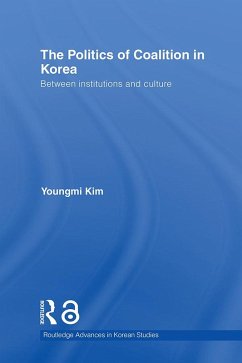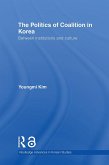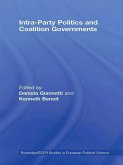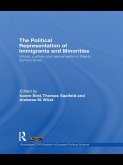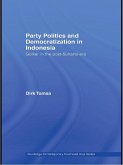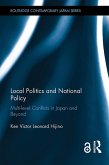Youngmi Kim argues that a weak institutionalization of the ruling party and the party-system accounts for political instability and inefficient governability in Korea and in doing so her study makes a number of key contributions to the field. Theoretically it proposes a framework which integrates a rationalist approach with one that acknowledges the role of political culture. It further enhances the understanding of factors affecting governability after coalition-building across regime types and aims to build on recent demands for broader cross-regime analysis of minority/divided government and of the determinants of governability. This has important comparative implications as coalition-building within (semi-) presidential systems has occurred in other post-authoritarian contexts. The book finally provides a new dataset which fills a gap in a field where Western cases constitute the main focus of research.
The Politics of Coalition in Korea will be of interest to students and scholars of Korean studies, Korean politics, Asian studies and Asian politics.
Youngmi Kim is Assistant Professor at the Departments of Public Policy, and International Relations and European Studies at Central European University, Budapest, Hungary.
Dieser Download kann aus rechtlichen Gründen nur mit Rechnungsadresse in A, B, BG, CY, CZ, D, DK, EW, E, FIN, F, GR, HR, H, IRL, I, LT, L, LR, M, NL, PL, P, R, S, SLO, SK ausgeliefert werden.

